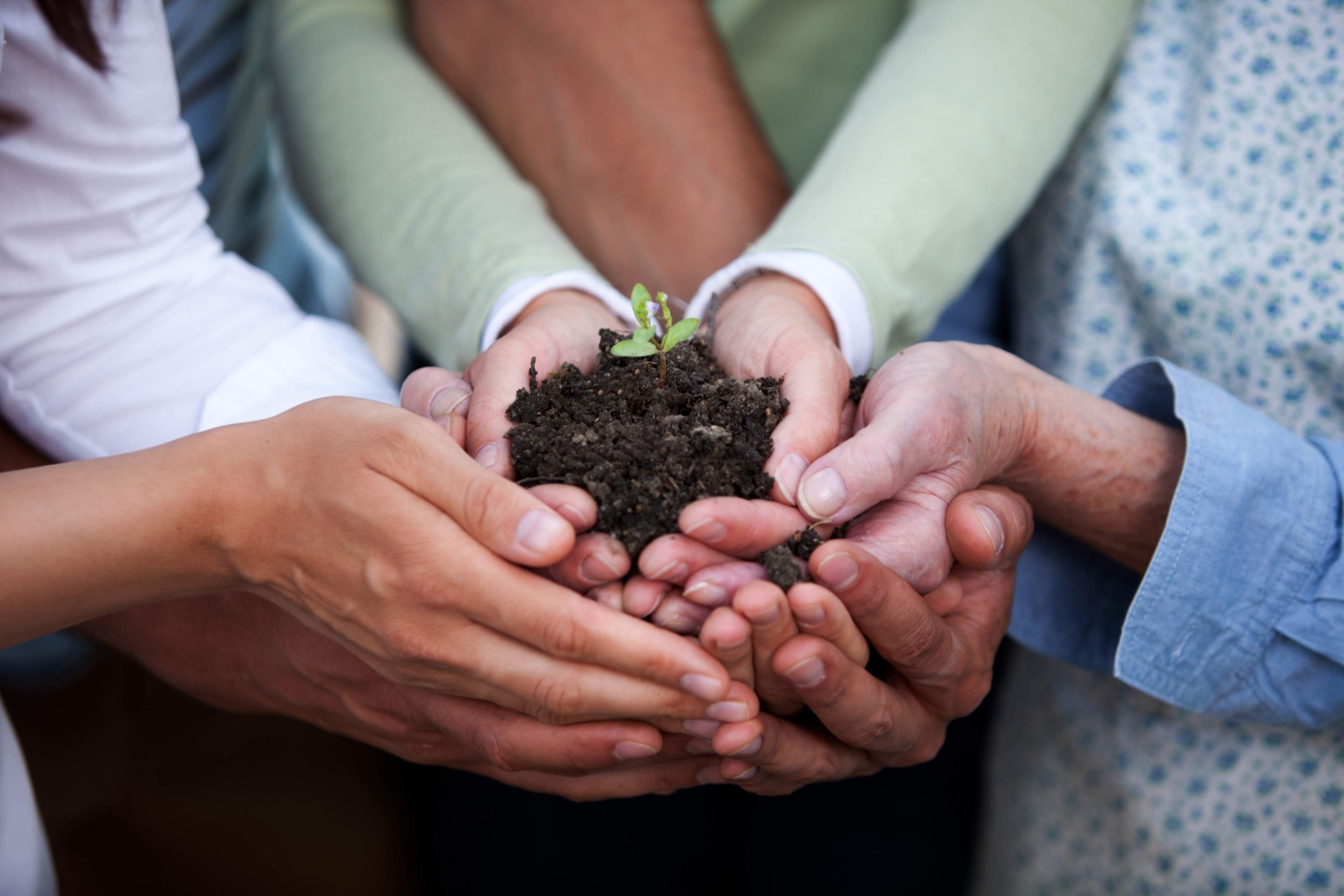Stigma, or the experience of a shameful label attached to diabetes, challenges all of us to consider how we talk about diabetes and of those affected by it. Stigma has been shown to increase emotional and psychological stress related to the illness and can lead to concealing one's condition and avoiding seeking treatment. It has been estimated internationally that four out of five people with diabetes have encountered diabetes-related stigma, and one in three people with diabetes has felt discriminated against because of their condition. This is a globally recognized phenomenon affecting a vast number of individuals. At the same time, it can be difficult for people without diabetes to understand the extent of negative perceptions and behaviors directed towards diabetes.
Changing misconceptions and attitudes should not be the sole responsibility of those living with diabetes; it requires support from others and societal actions. Recognizing this issue is especially important when we are in positions of authority, such as in healthcare or the media.
Each of us, in our everyday lives and work, as well as being a friend or colleague to someone with diabetes, has a duty to prevent and eliminate harmful misconceptions. For example, within hobby and work communities, we can actively increase reliable information about diabetes and living with the condition, thereby fostering general understanding and acceptance. By enhancing knowledge, we can create genuinely safe and supportive environments for hobby, work, and other communities, including those living with a condition like diabetes.


